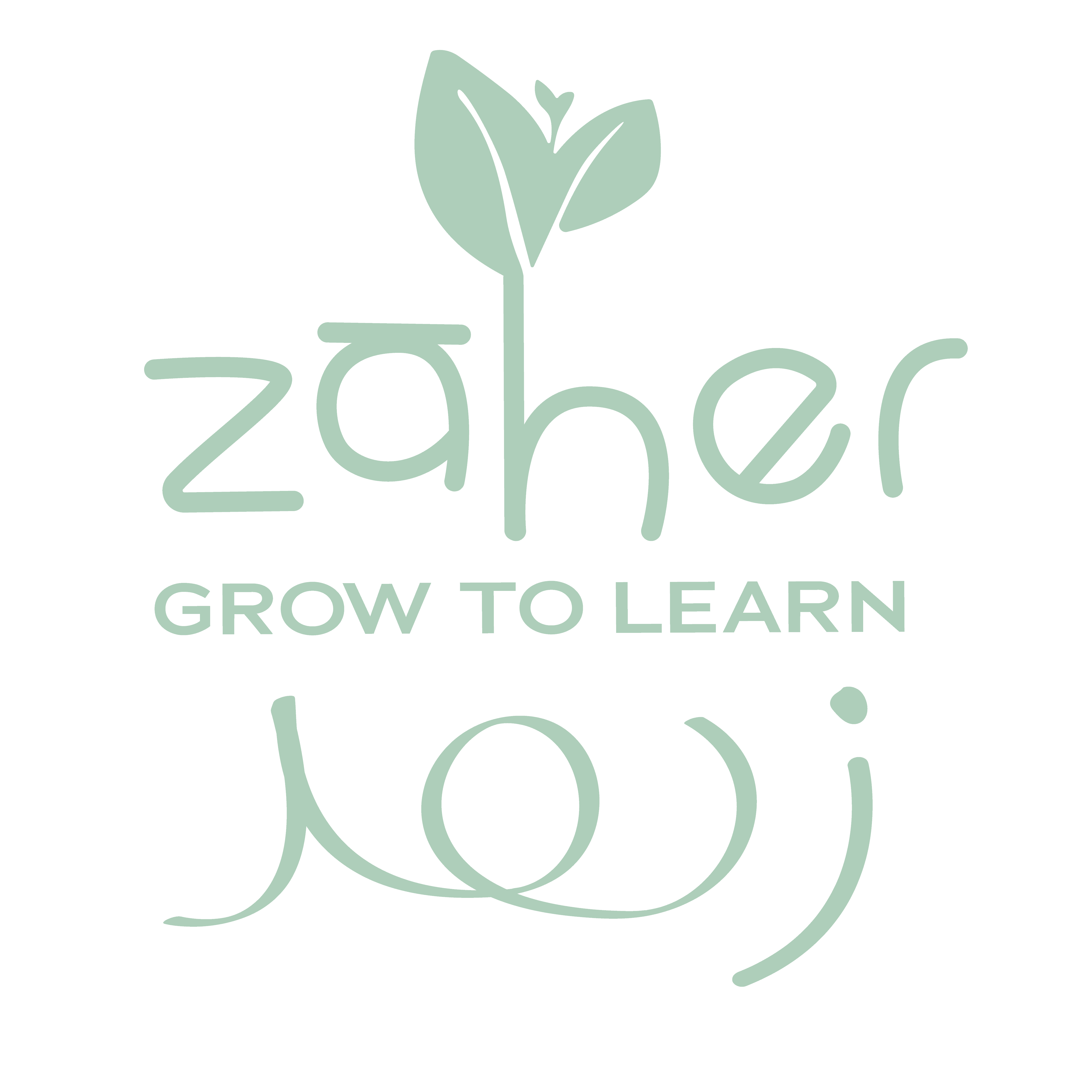
In a peri-urban area between the cities of Zgharta, Tripoli, Kobbe and Majdlayya in Northern Lebanon, you will find Ghossoun Zgharta – a farm hosting a learning garden for the children from the surrounding neighbourhoods. Here, the children can engage in active learning about agriculture, food sovereignty, and social and environmental justice, among other topics. They can reflect and discuss collectively about society, and develop necessary life skills needed for their active role as citizens in the community, country and world around them.
A challenged public education sector
The area between Zgharta, Tripoli, Kobbe and Majdlayya is a crossroad of several neighbourhoods and communities of varying political and religious affiliations and is populated by lower-middle class families from all the cities and neighbourhoods around. The area also includes the city with the largest poverty rate in Lebanon, namely that of Tripoli, accommodating 230.000 registered Syrian refugees living under harsh conditions. Many of these are children under the age of 18 with poor access to education.
The Syrian refugee crisis as well as the COVID-19 pandemic have left the public education sector in Lebanon under strain. High saturation classes, little space for meeting the students’ varying education levels, backgrounds and needs, and an inability to cope with online classes, are only some of the challenges that the public schools are facing. Meanwhile, the informal educational centers struggle to meet the need of educational support coming from this pressure. This crisis is magnified in the area between Zgharta, Tripoli, Kobbe and Majdlayya.
Opening the doors to quality learning
As of November 2021, the learning garden at the Ghossoun Zgharta farm opened the doors for the children from the surrounding neighbourhood lacking educational opportunities. Building on pilot projects, the collaborative project ‘GROW Lebanon’, aims at building capacity in two learning gardens in Lebanon – one of them being in the Ghossoun Zgharta farm.
Here, a group of children participate in the two weekly workshops and engage in active learning. They create social connections, gain a sense of place, enjoy nature, reflect collectively about society, and develop necessary life skills for their active role as citizens in the community, country and world around them.

Website brought to you by WebCove